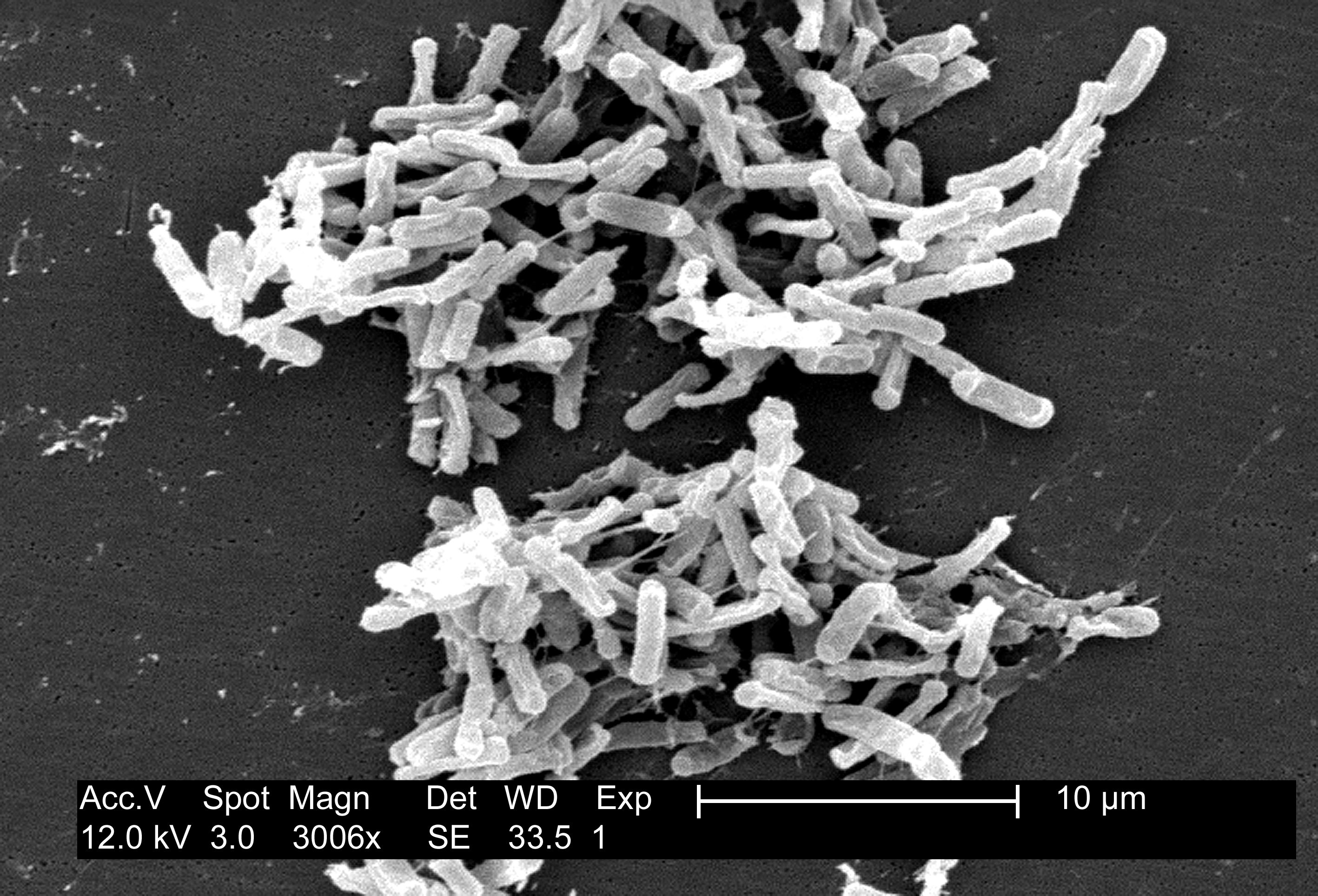
Accepting a transplant of someone else’s stool might sound extreme, but it might just be the next big thing in medicine, thanks in part to a potentially deadly stomach bug called Clostridium difficile.
C. diff, an emerging epidemic in hospitals and nursing homes that tears through the gut like Sherman through Georgia, has grown increasingly virulent and antibiotic-resistant in recent years. For many sufferers, fecal microbiota transplantation offers hope when all else fails. Can we get over the “ick factor” when our lives are on the line? You bet we can.



